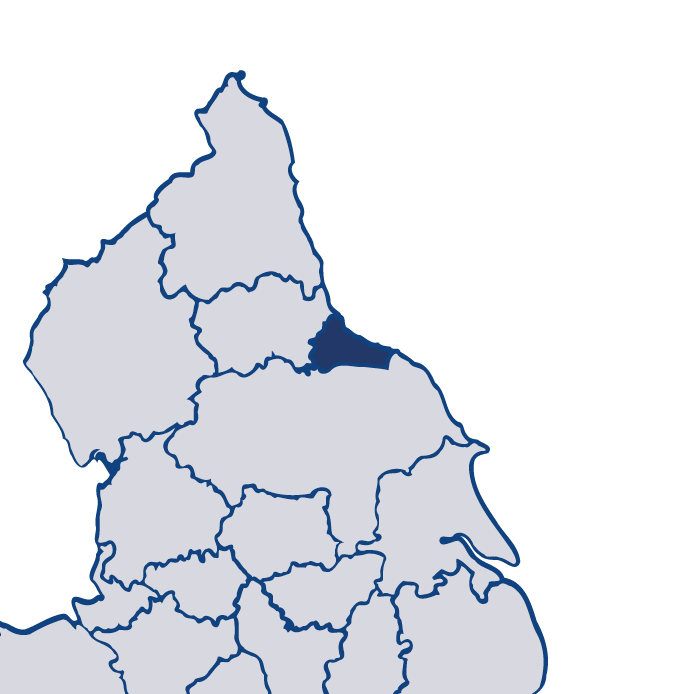Cleveland 2018/19
Read more about ClevelandThis is HMICFRS’s fifth PEEL (police effectiveness, efficiency and legitimacy) assessment of Cleveland Police. PEEL is designed to give you information about how your local police force is performing in several important areas, in a way that is comparable both across England and Wales, and year on year.
Cleveland Police was inspected in tranche three. We have graded Cleveland as inadequate in each of the three pillars. These results mean that we have chosen to publish the report sooner than we planned, at the same time as the forces in tranche two. The force is now being supported to improve its performance.
The extent to which the force is effective at reducing crime and keeping people safe is inadequate.
The extent to which the force operates efficiently and sustainably is inadequate.
The extent to which the force treats the public and its workforce legitimately is inadequate.
Download the full report
PEEL: Police effectiveness, efficiency and legitimacy 2018/19 – Cleveland Police
HMI's observations
I am extremely concerned about the performance of Cleveland Police in keeping people safe and reducing crime. In view of these findings, I have been in regular contact with the chief constable, because I do not underestimate how much improvement is needed.
Since our last inspection, there has been a significant deterioration in how the force prevents crime and anti-social behaviour. Prevention is not a priority for the force. There are now far fewer resources dedicated to neighbourhood policing and they are operating without a clear plan or direction.
The force is good at tackling serious and organised crime but needs to improve the way it investigates less serious crimes. These crimes are not always allocated to appropriately trained staff, nor investigated thoroughly enough or supervised effectively. The absence of a system to identify, action and track progress to arrest outstanding suspects concerns me.
I have serious concerns that the force is not adequately protecting vulnerable people. Disappointingly, the force has not made progress against areas we have previously identified as requiring improvement. Where it has tried to improve, through changing its processes, it has created risks in victims not being identified or responded to in a timely way.
Cleveland Police understands the cost of its services and its financial management is good. However, the limited extent to which the force understands the demands on its services, and how efficiently its resources are distributed, is worrying. This is having an impact on the force’s ability to effectively plan for future demands.
The way that Cleveland Police treats the public and its workforce is inadequate. I am concerned at the lack of engagement and openness by the force. It is not giving the public or its own workforce sufficient opportunity to voice their needs or raise issues. It is not communicating well and encouraging feedback. It is not being transparent through inviting independent scrutiny or challenge. Some of its internal processes are perceived to be unfair, and it does not understand enough about the wellbeing of its workforce.
I am very concerned at the lack of ethical behaviour in the force – senior leaders (superintending and chief officer ranks, and senior police staff managers) should be acting as positive role models and many are not. This is having a profoundly negative effect on the organisation. While the force acts promptly on reports of corruption, it needs to proactively root out corruption and identify those people at risk of it, to try and prevent it from happening.
My overall assessment is that Cleveland Police’s performance is inadequate and has declined considerably since our last inspection. The force has been placed into our national oversight process. We will monitor its progress.
Effectiveness
How effectively does the force reduce crime and keep people safe?
Efficiency
How efficiently does the force operate and how sustainable are its services to the public?
Legitimacy
How legitimately does the force treat the public and its workforce?
Other inspections
How well has the force performed in our other inspections?
In addition to the three core PEEL pillars, HMICFRS carries out inspections of a wide range of policing activity throughout the year. Some of these are conducted alongside the PEEL inspections; others are joint inspections.
Findings from these inspections are published separately to the main PEEL reports, but are taken into account when producing the rounded assessment of each force's performance.






